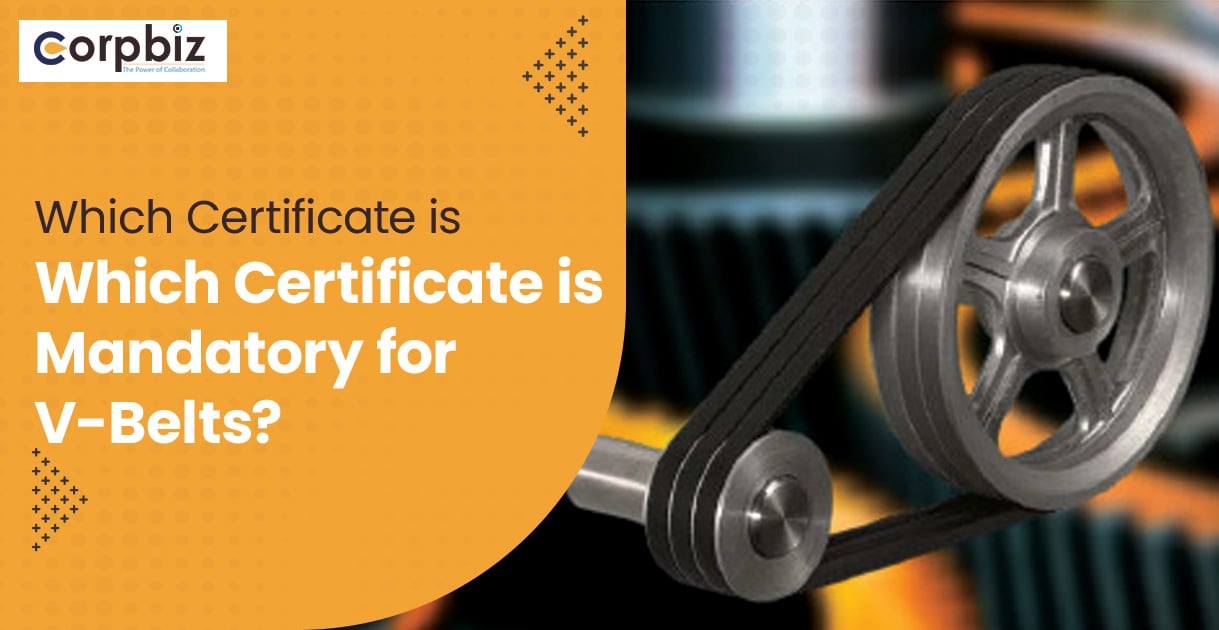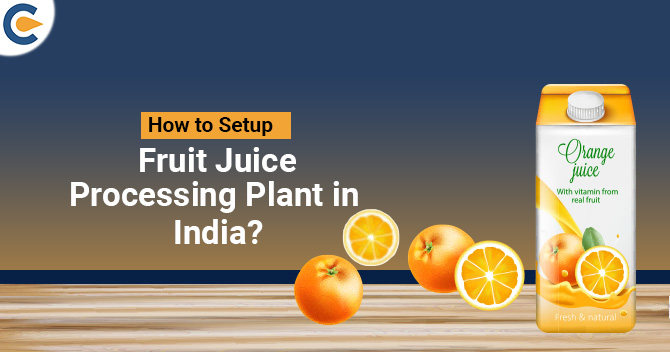India is a country with a great cultural heritage and traditions. People have been celebrating various festivals and religious events, thereby producing a significant amount of floral waste. Flowers have gained an important place in the ceremonies and rituals of the people.
Consequently, vast amounts of floral waste are accumulated in temples, households, and marketplaces. Usually, these flower wastes end up in landfills or rivers, thereby causing environmental pollution. Now, with the rising consciousness regarding sustainability, flower waste recycling has emerged as a great business opportunity in India.
This blog will provide a complete understanding of how to start up a flower waste recycling business in India so that this noble idea can become a successful business model.
The Flower Waste Scenario in India
India is a country of vibrant culture and multiple festivals, and the requirement for flowers is several million tons per annum. Even though they beautify the environment and enhance the fragrance, their disposal remains a major issue.
Out of all the flower disposal methods, flowers tend to be dumped mostly in rivers, polluting the water and harming aquatic life. Otherwise, they get dumped in landfills, which pave the way for an increase in organic waste load and the emission of methane, an active greenhouse gas.
By recognizing this issue, you will be able to understand the urgency and probable impact of starting a Flower Waste Recycling Business. You will also be better suited to communicate the value proposition of your business to stakeholders, including customers, partners, and investors, whose involvement is crucial for the success of this initiative.
Benefits of Flower Waste Recycling Business
The flower waste recycling business has the following advantages-
Flower waste recycling business, other than eliminating environmental problems, is accompanied by several benefits:
- Economic Opportunity: Flowerwaste can be manufactured into better commodities, and engaging in this will help you gain profit.
- Social Impact: By creating employment opportunities in the recycling industry, we can significantly enhance people’s lives and contribute to the overall well-being of our communities.
- Sustainable Products: Recycled flower waste can form the base for the production line of many eco-friendly products, thus meeting the high demand for other sustainable products.
- Environmental Protection: This helps reduce the amount of flower waste going into landfills and rivers, consequently improving the environmental conditions and reducing pollution and emission of greenhouse gases.
Market Research and Feasibility Study
Before engaging in the flower waste recycling business, market research and a feasibility study should be carefully considered. It shall include:
- Identification of Flower Waste Sources: Identify the significant sources of flower waste in your area, such as temples, flower markets, event organizers, and households.
- Demand for recycled products: Study the market demand for recycling flower waste products like organic manures, incense sticks, natural dyes, and biofuel.
- Study Competitors: Identify already-existing flower waste recycling businesses and conduct a SWOT analysis.
- Test for Financial Viability: Estimate the initial investment, operation costs, and potential revenue to assess your business’s financial viability.
Flower Waste Recycling Business Plan
A good business plan will serve as the blueprint for the Flower Waste Recycling Business. Your business plan should contain the following:
- Executive Summary: A comprehensive overview of your business concept, its mission, your vision, and goals.
- Business Description: Detailed information about the business model, target market, and value proposition of your company.
- Market Analysis: This contains the insights obtained from your market research and feasibility study.
- Organization and Management: Define the organizational structure of your business, including the key management positions.
- Product Line: A description of the products made from recycled by-products of flowers.
- Sales and Marketing: Outline how you are planning to obtain orders and how you are planning to promote your products.
- Financial Plan: Budget, Funding Requirements, and Projections.
Legal Requirements for Flower Waste Recycling Business
India has certain legal measures that need to be followed, as well as different documents that are required for legal compliance when starting a flower waste recycling business.
- Business Registration: Register your business either as a Pvt Ltd company, sole proprietorship, one person company, LLP, etc.
- Environmental Clearances: Obtain Environmental clearance from the State Pollution Control Board to ensure environmental clarity while considering operations. In addition to this, getting EPR registration certificate will help you stay compliant.
- Trade Licenses: Trade licenses must be acquired from local municipal bodies.
- Other Permits: Depending on where you’re located and how large your business is, you might need additional permits or licenses.
Processing Techniques for Flower Waste
Different processing techniques can be used to recycle flowers. Composting is the process of converting flower waste into organic compost, which is helpful as a natural fertilizer. Vermicomposting involves using earthworms that digest the waste flowers, producing nutrient-rich vermicompost.
Another great way to effectively use it is by grinding dried petals of flowers to make incense sticks or cones. These can also be used for pigment extraction, where an extraction from flower petals is done to get natural dyes for textiles and other uses. Other innovations include processing flower waste into biofuels, such as biogas or bioethanol.
Flower Waste Recycling: Difficulties and Resolutions
Specific challenges are associated with starting and particularly running a Flower Waste Recycling Business. The collection and Transportation of flowers from various sources may pose some serious logistical problems. It can be eased by building a strong collection network and adopting appropriate means of transport devices.
Stringent quality control measures can guarantee the consistent quality of the recycled product. Besides this, the workers must be trained continuously in the same. Establishing awareness and demand for your recycled products involves aggressive marketing strategies, demonstrations of products, and customer education programs. It is essential to stay updated on various environmental and business regulations by proactively reading regulations.
Future Prospects and Innovations in Flower Waste Recycling
There is a bright future for the flower waste recycling business. Potential innovations include the use of advanced biotechnologies that enhance the waste’s processing efficiency. Inventions in terms of new products, such as biodegradable packaging materials or sustainable textiles, form possible areas for exploration.
Utilizing global markets with the increasing demands for environment-friendly items produced out of recycled flower waste. Community participation in segregation and recycling activities should be made more proactive with the help of educational and incentive-based schemes to make the process more sustainable.
Conclusion
The flower waste recycling business in India presents a unique opportunity to create economic value while being sensitive to environmental concerns. Entrepreneurs can transform such waste flowers into a range of valuable products, helping sustain the economy by meeting the rising demand for eco-friendly products and articles.
Even though there are challenges, such as logistics and market awareness, they can be taken care of by thoughtful planning and ingenuity in solving them. In a country like India, where there are celebrations of diverse cultural traditions, the requirements related to responsible flower waste management are going to increase. They will not just help for financial gain but will also contribute vitally toward conservation and social impact.
Proper research, planning, and execution can help a flower waste recycling business bloom into a financial and ideological venture there by running a business that matches profit with purpose.
Frequently Asked Questions
What is flower waste recycling?
Flower-waste recycling is the process of turning waste flowers into valuable products and reduces environmental pollution by adding value to waste.
Why does flower waste recycling matter in India?
In India, large amounts of floral waste are generated by its cultural and religious heritage. Recycling this waste reduces the pollution of rivers and landfills and mitigates greenhouse gas emissions.
What can be recycled in flower waste?
Flower wastes can be recycled into organic compost, vermicompost, incense sticks, natural dyes, biofuels, and a placement opportunity for biodegradability.
What are the issues in flower waste recycling business startups?
Significant challenges will be the logistics in collection and transportation, maintenance of quality products, level of awareness created in the market, and overcoming regulatory requirements.
Where can I access flower waste for my own recycling business?
Primary sources are temples, flower markets, event organizers, and households—good collection network building at all costs.
Can flower waste be recycled economically?
Viability will depend on several factors, but low raw material costs coupled with growing demand could result in profitable businesses.
Read Our Article: How To Set Up Plastic Waste Recycling Business?











